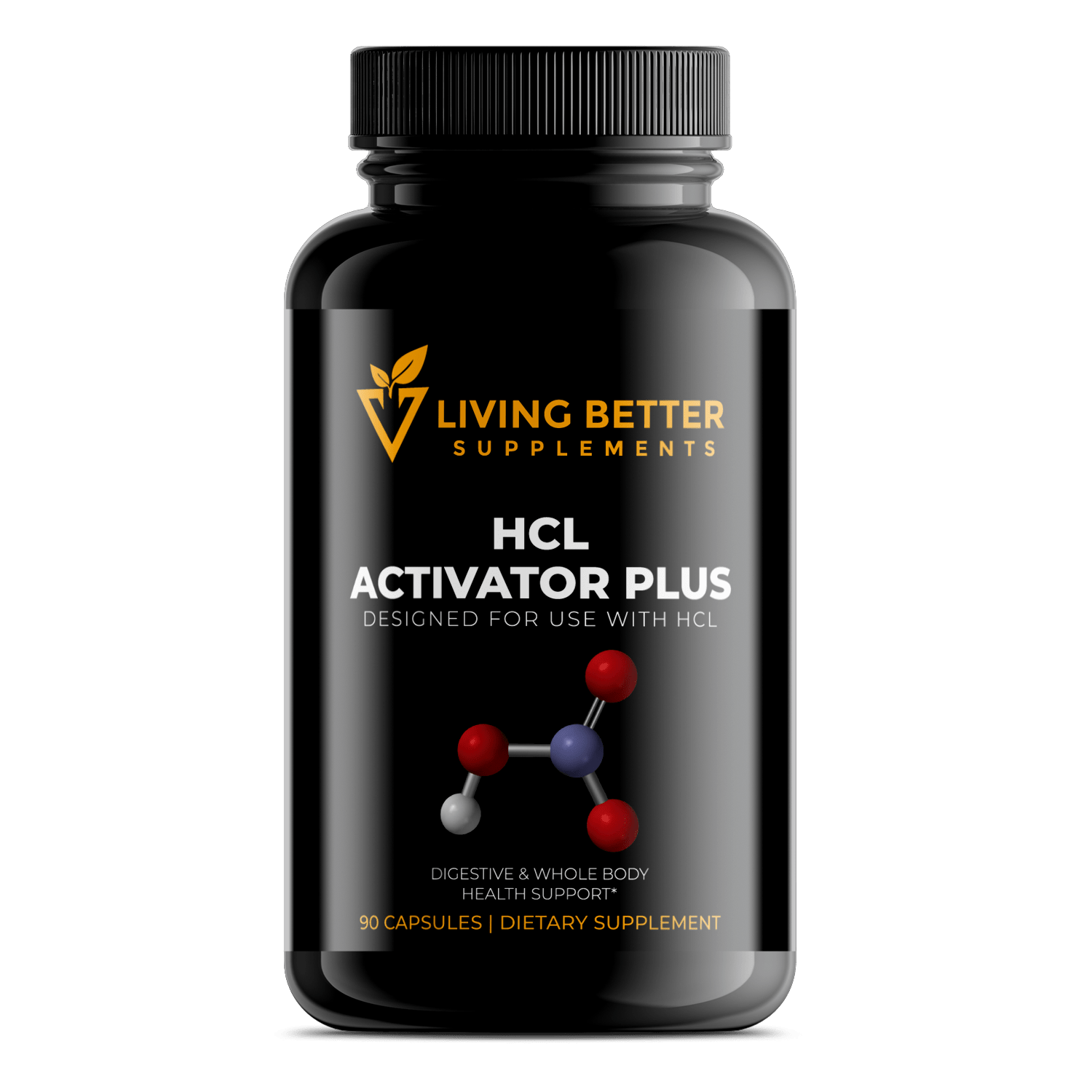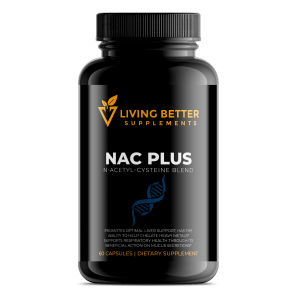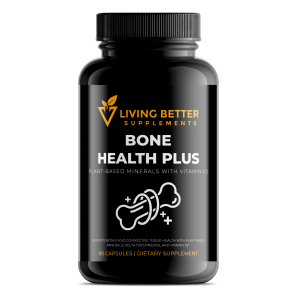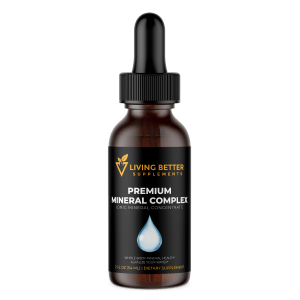| Formula Purposes & Benefits |
| HCL Activator Plus is developed based on cutting-edge scientific research and expert formulation to support digestion of essential nutrients, optimal stomach pH, and balanced stomach acid levels in aging adults.
Designed to assist the breakdown and absorption of food and reduce the age associated decline of stomach acid and digestive enzymes. Designed to work synergistically with Betaine HCL Plus, our HCL activator forms the ultimate support system for optimal digestion. Rocktomic’s HCL Activator Plus utilizes pepsin, an acid-tolerant enzyme that thrives in the acidic stomach environment,this powerful combination maximizes protein breakdown and supports overall digestion. For enhanced digestive support, consider Rocktomic’s HCL Support Program, which combines Betaine HCL Plus and HCL Activator Plus.. Trust in this effective combination to promote optimal digestion and overall well-being Our formula is NON-GMO verified and is proudly made in the USA in an FDA registered facility, following Good Manufacturing Practices (GMP) standards. Our commitment to excellence is reflected in the fact that only 4% of the supplements on the market can match our world-class standards. |
| Formula Ingredient Deck | Benefits Of Each Ingredient |
| Betaine HCL |
|
| Organic Turmeric |
|
| Organic Tomato |
|
| Pepsin |
|
| Proper Use of This Supplement |
| Suggested Use: Take 1 capsule, 3 times daily with meals or as directed by your healthcare practitioner. For the HCL Support Program, take 1 capsule each of Premier HCL Activator and Premier HCL after each meal or as directed by your healthcare practitioner. |
| Our Formula | Vs Other Formulas on the Market. |
| 1. Uses NON-GMO Verified ingredients , GMP certified, and made in an FDA registered facility. | 1. Source cheap ingredients from heavily polluted soils. |
| 2. High quality betaine HCL and superfoods in a bioavailable and efficaciously dosed formula. | 2. Uses cheap sources of betaine and superfoods that may have heavy metals due to poor product quality. |
117. Chilelli, N. C., Ragazzi, E., Valentini, R., Cosma, C., Ferraresso, S., Lapolla, A., & Sartore, G. (2016). Curcumin and Boswellia serrata Modulate the Glyco-Oxidative Status and Lipo-Oxidation in Master Athletes. Nutrients, 8(11), 745. https://doi.org/10.3390/nu8110745
118. Barzegar, A., & Moosavi-Movahedi, A. A. (2011). Intracellular ROS protection efficiency and free radical-scavenging activity of curcumin. PloS one, 6(10), e26012. https://doi.org/10.1371/journal.pone.0026012
119. Banik, U., Parasuraman, S., Adhikary, A. K., & Othman, N. H. (2017). Curcumin: the spicy modulator of breast carcinogenesis. Journal of experimental & clinical cancer research : CR, 36(1), 98. https://doi.org/10.1186/s13046-017-0566-5
120. Suhett, L. G., de Miranda Monteiro Santos, R., Silveira, B., Leal, A., de Brito, A., de Novaes, J. F., & Lucia, C. (2021). Effects of curcumin supplementation on sport and physical exercise: a systematic review. Critical reviews in food science and nutrition, 61(6), 946–958. https://doi.org/10.1080/10408398.2020.1749025
121. Pivari, F., Mingione, A., Brasacchio, C., & Soldati, L. (2019). Curcumin and Type 2 Diabetes Mellitus: Prevention and Treatment. Nutrients, 11(8), 1837. https://doi.org/10.3390/nu11081837
122. Ashtary-Larky, D., Rezaei Kelishadi, M., Bagheri, R., Moosavian, S. P., Wong, A., Davoodi, S. H., Khalili, P., Dutheil, F., Suzuki, K., & Asbaghi, O. (2021). The Effects of Nano-Curcumin Supplementation on Risk Factors for Cardiovascular Disease: A GRADE-Assessed Systematic Review and Meta-Analysis of Clinical Trials. Antioxidants (Basel, Switzerland), 10(7), 1015. https://doi.org/10.3390/antiox10071015
123. Mata, I., Mata, S., Menezes, R., Faccioli, L. S., Bandeira, K. K., & Bosco, S. (2020). Benefits of turmeric supplementation for skin health in chronic diseases: a systematic review. Critical reviews in food science and nutrition, 1–15. Advance online publication. https://doi.org/10.1080/10408398.2020.1798353
191. Chen, P., Zhang, W., Wang, X., Zhao, K., Negi, D. S., Zhuo, L., Qi, M., Wang, X., & Zhang, X. (2015). Lycopene and Risk of Prostate Cancer: A Systematic Review and Meta-Analysis. Medicine, 94(33), e1260. https://doi.org/10.1097/MD.0000000000001260
192. Beynon, R. A., Richmond, R. C., Santos Ferreira, D. L., Ness, A. R., May, M., Smith, G. D., Vincent, E. E., Adams, C., Ala-Korpela, M., Würtz, P., Soidinsalo, S., Metcalfe, C., Donovan, J. L., Lane, A. J., Martin, R. M., ProtecT Study Group, & PRACTICAL consortium (2019). Investigating the effects of lycopene and green tea on the metabolome of men at risk of prostate cancer: The ProDiet randomised controlled trial. International journal of cancer, 144(8), 1918–1928. https://doi.org/10.1002/ijc.31929
193. Shanbhag V. K. (2016). Lycopene in cancer therapy. Journal of pharmacy & bioallied sciences, 8(2), 170–171. https://doi.org/10.4103/0975-7406.171740
370. Du, J., Zhang, P., Luo, J., Shen, L., Zhang, S., Gu, H., He, J., Wang, L., Zhao, X., Gan, M., Yang, L., Niu, L., Zhao, Y., Tang, Q., Tang, G., Jiang, D., Jiang, Y., Li, M., Jiang, A., Jin, L., … Zhu, L. (2021). Dietary betaine prevents obesity through gut microbiota-drived microRNA-378a family. Gut microbes, 13(1), 1–19. https://doi.org/10.1080/19490976.2020.1862612
371. Guilliams, T. G., & Drake, L. E. (2020). Meal-Time Supplementation with Betaine HCl for Functional Hypochlorhydria: What is the Evidence?. Integrative medicine (Encinitas, Calif.), 19(1), 32–36.
372. Feldman, M., Cryer, B., McArthur, K. E., Huet, B. A., & Lee, E. (1996). Effects of aging and gastritis on gastric acid and pepsin secretion in humans: a prospective study. Gastroenterology, 110(4), 1043–1052. https://doi.org/10.1053/gast.1996.v110.pm861299





